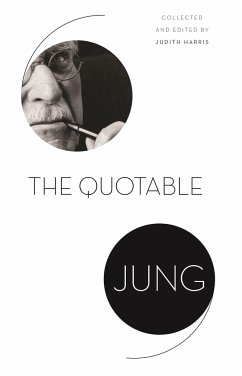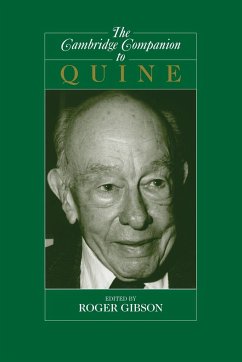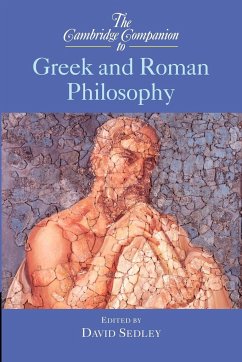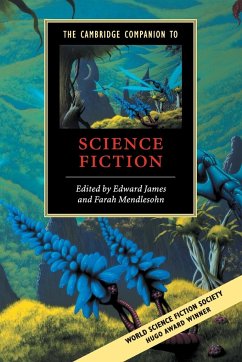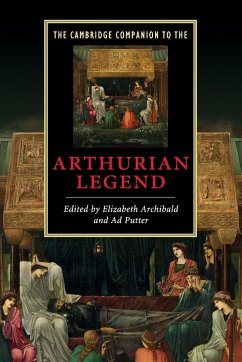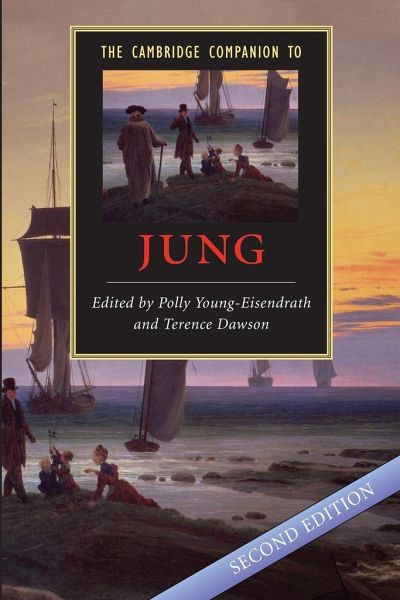
The Cambridge Companion to Jung
Versandkostenfrei!
Versandfertig in 1-2 Wochen
40,99 €
inkl. MwSt.
Weitere Ausgaben:

PAYBACK Punkte
20 °P sammeln!
This second edition represents a wide-ranging critical introduction to the psychology of Carl Jung, one of the founders of psychoanalysis. Including two new essays and thorough revisions of most of the original chapters, it constitutes a radical assessment of his legacy.






